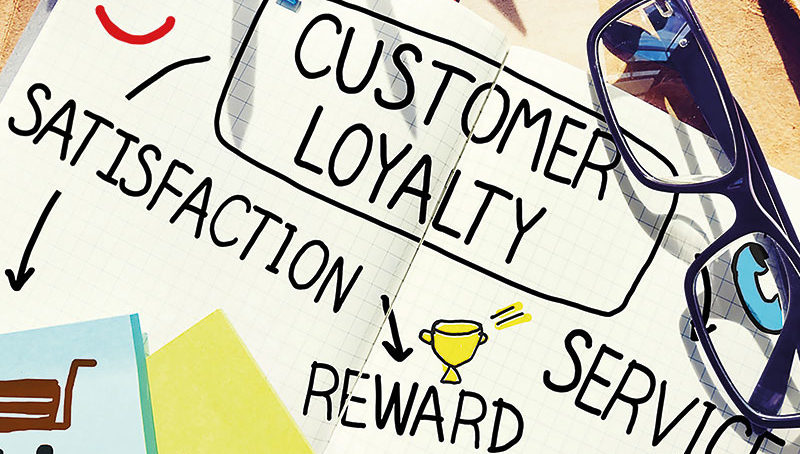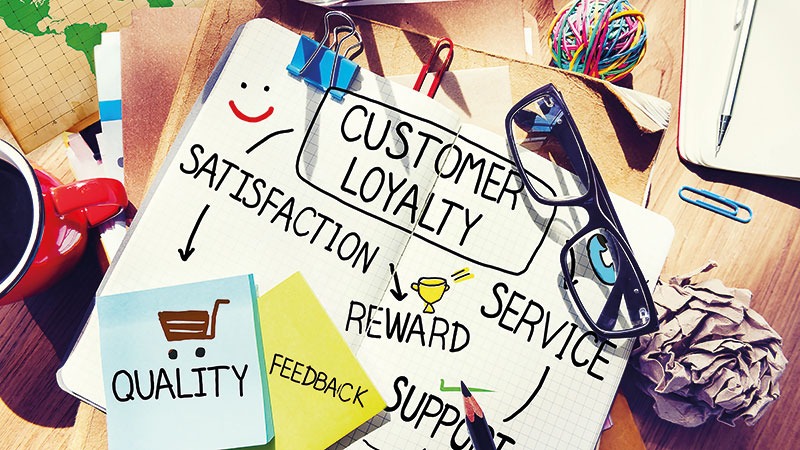In sectors such as hospitality, many travelers are highly motivated by loyalty programs and driven to maximize both the points and miles they can earn to offset against future trips or stays. Chirine Salha, senior consultant at Ulysses Consulting, discusses this age-old model and explores how it can keep up with the times
From the operator’s viewpoint, consumer loyalty plays an integral role, both for client retention and for encouraging direct bookings. A loyalty program is the most effective tool for hotel brands to defend themselves against online travel agencies, and with distribution costs increasing, it is a great incentive for persuading consumers to book with the hotel directly.
Operators also invest in loyalty schemes because of the data it offers them; marketers are capturing and leveraging loyalty data to help them better understand their customers and market effectively to them.
Today, loyalty programs have come a long way since Holiday Inn and Marriott launched the first initiatives back in 1983, and are undergoing something of a revolution. The rules of the game are changing and loyalty is no longer about old-fashioned rewards systems.
So what are the key concepts in the future of loyalty?
1. Emotional loyalty
Given all the commercial messages that we’re bombarded with, and the focus on price, transactions and discounts, the emerging driver for loyalty is, understandably, the emotional element. Marketers are increasingly looking into experiences money can’t buy. If guests have had a good experience somewhere, then they are more likely to return than risk trying another unknown brand.
Hotels can leverage on the fact that we are creatures of habit and shift the focus from persuading the customer to sign up to a scheme, to actually getting their first guest experience right, hence gaining their trust and building loyalty.
With trust, eventually comes love, and with love comes loyalty. We all have brands that we love, that we connect with and relate to, regardless of loyalty schemes. Some brands are so well loved that their users play a major role in doing the marketing for them on social media, with Instagram posts and recommendations. Some hotels are capitalizing on this form of love and rewarding guests for not only spending money with the brand but for sharing content on social media, referring friends and reading emails.
2. The role of technology
The next consideration is technology. It’s crucial for hoteliers to build their retention programs on the communication channels that their customers already use and today, this means mobile phones. AI and Chatbots are also improving customer engagement. Chatbot is generating interest, with businesses investing in it, signaling that it could soon become mainstream in maintaining customer commitment.
3. The rise of premium memberships
Hoteliers are now actually selling the privilege of belonging to a loyalty club and people appear willing to pay for such a fee-based program. Guests feel that rewards in paid schemes have more substance than those in free programs. Boutique hotel operator Leading Hotels of the World increased its fee to USD 175, eventually filtering only true enthusiasts and retaining some exclusivity allure.
4. Partnership
An increasing number of brands are seeking out strategic partners, as they bring additional value beyond what they could provide if working alone.
Such recent alliances are Hyatt Hotels Corporation with Small Leading Hotels (SLH). For SLH, this partnership gives independent hotel members access to Hyatt’s loyalty members and increases their bookings; for Hyatt, it gives its own loyalty members access to more luxury hotels worldwide without having to add to its portfolio.
Another partnership is that of Marriott, integrating Starwood Preferred Guest, Ritz-Carlton Rewards and Marriott Rewards together, in a move that combines 110 million travelers.
5. Flexibility and easier rewards
Providing immediate gratification to the guest is a way of building loyalty, especially for independent hotels.
Making rewards much easier to redeem, like instant rewards, preventing points from expiring and preventing downgrading are new trends adopted
by marketers.
Marketers are also engaging in programs that provide flexibility, as travelers want to be able use points when, how and where they want to.
6. Predictive and personalized rewards
Rewards are moving to experiences tailored to the individual. One member might want free internet, while someone else could be more interested in Kids Club access and another theater tickets. Creating such customized experiences requires data and predictive analysis, but ultimately will allow the marketer to transition from standard cookie-cutter rewards to more creative experiences that better reflect the spirit of the brand and make it easier to achieve loyalty.
7. The loyalty divide
With the above interpretation of what loyalty programs are gearing up to become, in February 2018, Oracle published a study titled ‘The Loyalty Divide, Operator and Consumer Perspectives, Hotels 2018 Divide’. It revealed that hotels believe they offer personalized and relevant rewards, while customers disagree and look to social influencers for validation in their choice of travel. Hotels believe that 61 percent of guests would openly sign up to loyalty program, compared to the reality that consumers are much more selective. In fact, 30 percent hardly join programs, 46 percent only sign up to relevant ones and only 24 percent openly sign up to every program.
The report also describes four loyalty archetypes of guest behavior including: the Broadcaster, who may flit between brands, but will be go loudly public with his experience, good or bad; the Enthusiast, an engaged brand follower who is loyal but not loud; the Lazy Loyal, rather unengaged but can be loyal to a brand because it’s easy to be; and the Seeker, who shops around for the best value and is not sensitive to brands.
Echoing these findings, what hoteliers and travelers should hope loyalty schemes eventually develop into is a direct, unique and flexible relationship, with exceptional treatment and recognition. For that, communication on a more personal basis is essential. This brings us back to the human element of the hospitality industry, a scenario in which employees are empowered and given the right tools and know how to listen and respond to guests, hence adjusting the service and product offerings to their individual needs.
















